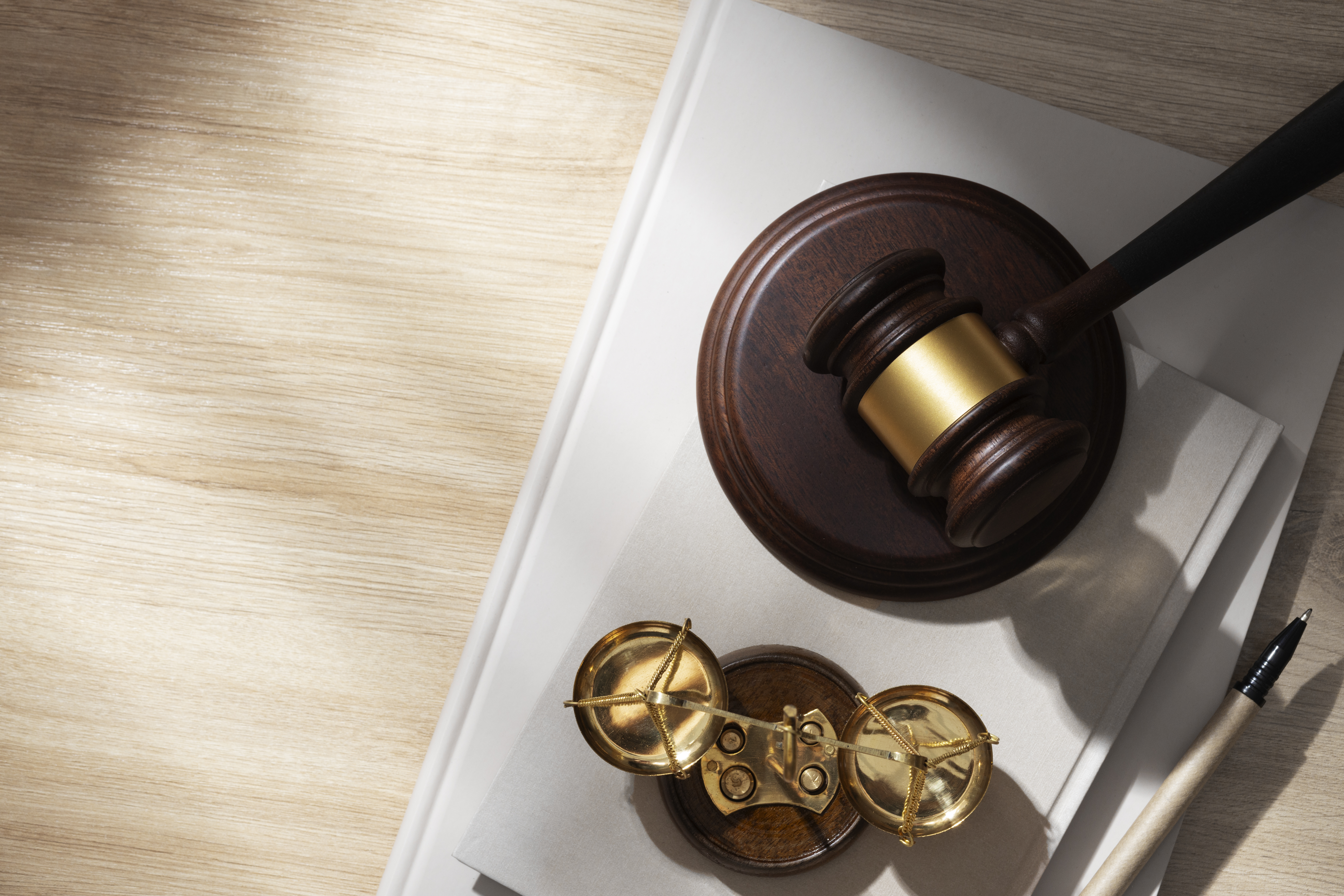Protecting Your Rights and Pressing Your Case
Being in an auto accident is surely one of the most traumatic events that anyone can go through. Whether the other driver was behind the wheel of a huge tractor-trailer, a large pickup truck, a practical SUV, or a tiny compact car, the injuries you can suffer are very real indeed.
Now that the accident is over and the vehicles have all been towed away, you’re left with the aftermath. The medical bills keep piling up, your boss keeps asking when you can return to work, and you have no way of knowing when all of this will finally be over.
You never wanted to sue, but you feel you’ve been backed into a corner. Now you’ve done the right thing, contacting a personal injury attorney and setting up an appointment. As the date for the initial consultation approaches, it’s time to gather all your evidence. Here are some essential things to bring when you show up at the law office for the first time.
1. Police Reports
Depending on the accident’s severity and its aftermath, a police report may or may not have been taken. Laws are in place regarding when a police report must be filed, but if you have one, you should definitely bring it with you. (You can typically obtain the report from the appropriate police agency, sometimes for a small fee.)
That police report will contain a host of useful information for your personal injury attorneys, from the date and time the accident occurred and its location to any observed injuries or intoxication. If you have a police report, you should read it carefully in order to help speed up and streamline the process.
2. Contact Information for Everyone Involved
It is important to gather contact information at the scene of the accident, including the insurance policy of the other driver and the phone numbers of anyone who might have seen the accident. If you have contact information written down on various pieces of paper, now is the time to gather and consolidate it.
You will need the contact information of everyone involved in the crash, including the other driver or drivers, the medical team who treated you at the hospital, your doctor, and any witnesses to the crash. If you are unsure if you need it, record that information just in case.
3. Witness Statements
Speaking of witnesses, it’s important to bring along any witness statements you may have gathered. Hopefully, you recorded the contact information of any witnesses who said they saw the crash, and hopefully, you asked them for formal statements.
If you already have those formal witness statements, bring them with you to the initial consultation. If you have contact information for witnesses who have not yet made a statement, bring those along as well — the personal injury attorney can have their office staff reach out on your behalf.
4. Photographs of Property Damage and Personal Injuries
With accidents and personal injury, a picture is worth much more than 1,000 words. As you prepare for your initial consultation, gather all the photographs you took after the crash.
That includes pictures you took at the scene, including close-up and wide shots of your damaged vehicle. It also includes pictures that were taken at the hospital or in the doctor’s office, as well as photos you took of your own injuries. The more documentation you can provide, the better, so scour your phone and fire up your photo printer.
5. Reports from the Hospital and Your Doctor
When your personal injury attorney pursues your case, they will do so with evidence to back up their claims. Bring as much documentation as you can muster, and it pays to start early when you gather that evidence.
If you were treated at the hospital or in the emergency room, you will want to reach out to the provider and request a formal report. This request for medical records can take some time, so start early and follow up regularly to ensure you get everything you need.
You will also want to gather records from your doctor, including baseline reports that show your health before the crash. If you hope to recover from your injuries, you will need to show the extent of the damage, and the more evidence you can provide, the better.
6. Medical Bills
The goal of the personal injury law firm will be to make you whole. The staff at the office will work diligently to recover compensation for the injuries you have suffered, including pain and suffering but beginning with your medical bills.
Having documentation of your medical bills and related expenses will be critical, and the more information you can provide, the better off you will be. If your medical bills are still coming in, ask your doctor to forward any new information to the attorney, as this will give them a clearer picture of what is going on and how much you have suffered.
Schedule An Appointment With CHG Law
Being involved in a car accident is traumatic, but what comes next can be even worse. When you are injured and unable to work through no fault of your own, it’s easy to feel helpless, but you have more power than you might think.
With the help of a personal injury attorney in Miami, FL, you may be able to recover for your injuries and recoup your medical expenses, but only if you are prepared and ready to press your case.



